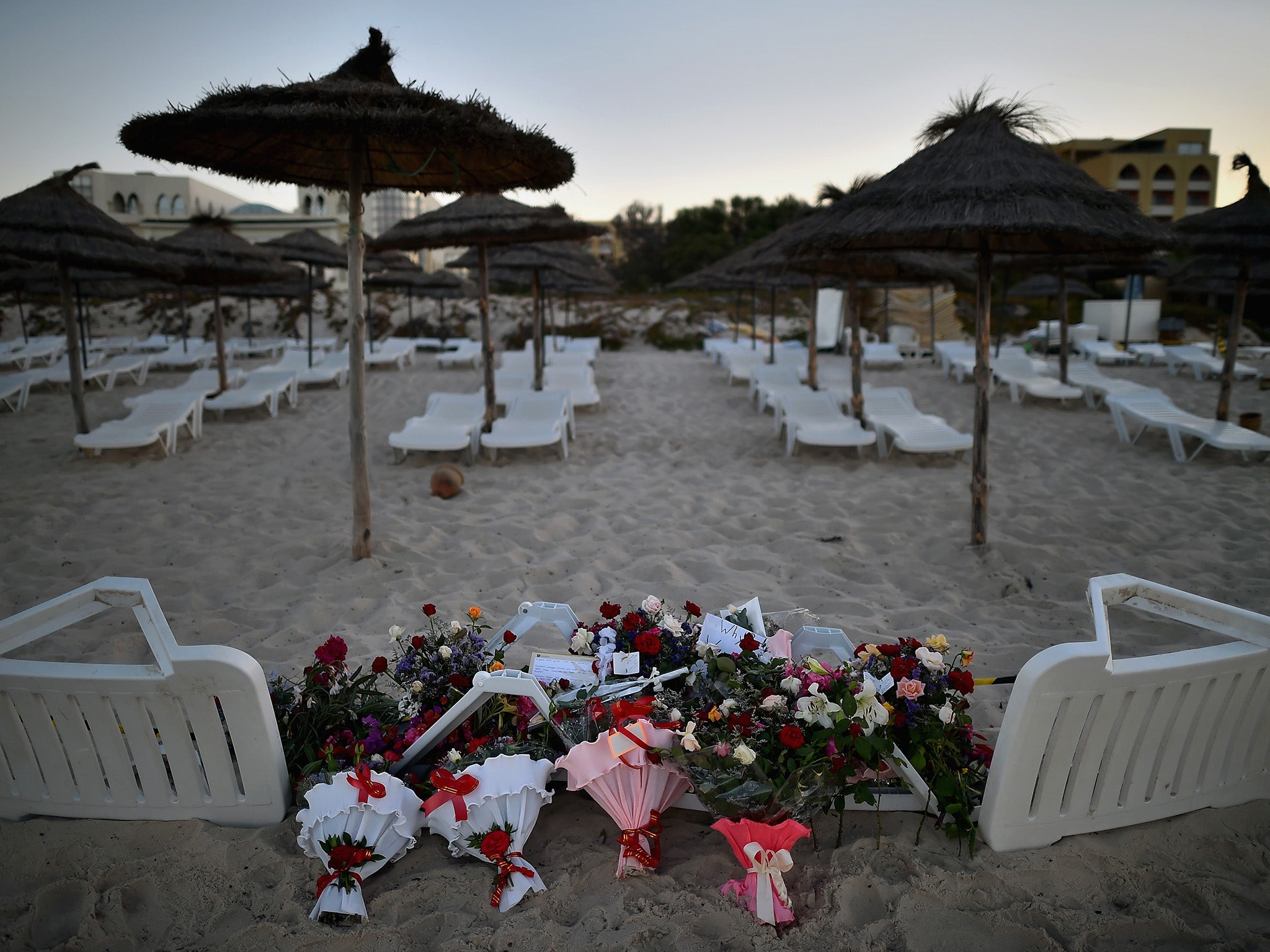Isis suspect linked to massacre of British tourists attacks judge with own gavel during trial
Suspect is thought to have played role in deadly attack on beach that left 30 Brits dead

Your support helps us to tell the story
From reproductive rights to climate change to Big Tech, The Independent is on the ground when the story is developing. Whether it's investigating the financials of Elon Musk's pro-Trump PAC or producing our latest documentary, 'The A Word', which shines a light on the American women fighting for reproductive rights, we know how important it is to parse out the facts from the messaging.
At such a critical moment in US history, we need reporters on the ground. Your donation allows us to keep sending journalists to speak to both sides of the story.
The Independent is trusted by Americans across the entire political spectrum. And unlike many other quality news outlets, we choose not to lock Americans out of our reporting and analysis with paywalls. We believe quality journalism should be available to everyone, paid for by those who can afford it.
Your support makes all the difference.A man on trial for an Isis terror attack that killed 30 British tourists assaulted a judge in the courtroom with his own gavel.
Adel Ghandri, 33, appeared in a Tunisian court on Tuesday alongside several other suspects, all accused of participating in a deadly raid on the border town of Ben Guerdane in 2016. The attack involved more than 40 Tunisian militants, who had crossed the border from Libya and tried to size the town and create an Islamic emirate.
Ghandri is also suspected of playing a role in the 2015 gun attack on Sousse beach, Tunisia, that killed 30 British tourists, and nine others. Both attacks were claimed by Isis.
Tunisia’s military judiciary said Ghandri seized the gavel from the judge’s bench and hit him on the head. It did not say whether the judge was injured.
Despite a successful transition to democracy, Tunisia has struggled to deal with homegrown jihadist militants.
In 2011, a successful revolution saw the overthrow of long-term dictator president Zine el-Abidine Ben Ali and a transition to democracy. It has often been referred to as the Arab Spring’s only success story.
But it has also earned the dubious title of being the biggest exporter of jihadists per capita in the world. The UN estimates that some 5,500 Tunisians left the country to join Isis and al-Qaeda in Syria, Iraq and Libya. The revolution did not bring economic change, and so jihadist recruiters found fertile ground in a young and impoverished population.
By comparison, UK intelligence services estimate that around 900 Britons left for Syria, with around 40 per cent returning. Most have been placed on government rehabilitation schemes, while only a handful have faced prosecution.
The country’s already overcrowded prisons are filling up with convicted terrorists. The president, Beji Caid Essebsi, has in the past floated the idea of a pardon for returning jihadists, but the idea was met with fierce opposition and protests.
Subscribe to Independent Premium to bookmark this article
Want to bookmark your favourite articles and stories to read or reference later? Start your Independent Premium subscription today.
Join our commenting forum
Join thought-provoking conversations, follow other Independent readers and see their replies
Comments